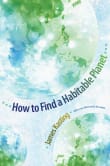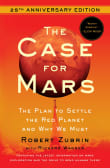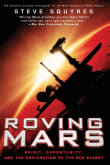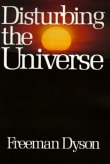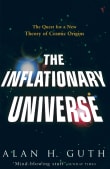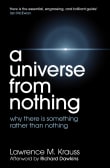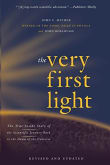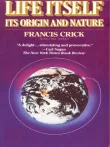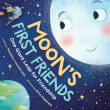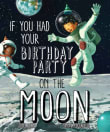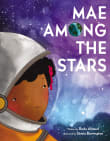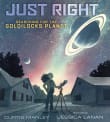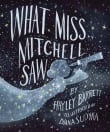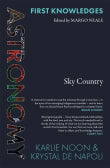Rare Earth
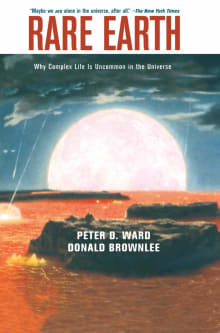
Book description
What determines whether complex life will arise on a planet, or even any life at all? Questions such as these are investigated in this groundbreaking book. In doing so, the authors synthesize information from astronomy, biology, and paleontology, and apply it to what we know about the rise of life…
Why read it?
3 authors picked Rare Earth as one of their favorite books. Why do they recommend it?

While in the 1960s Carl Sagan and Frank Drake, based on a simple equation (“Drake’s equation”) concluded that intelligent life is abundant in the Galaxy, with as many as a million such civilizations with which we might be able to communicate, the thesis of this book is that intelligent life is exceedingly rare in the Universe.
The authors do not argue that life itself is rare. Their thesis is that simple life, such as single-celled organisms like bacteria, may have developed on billions of planets in the Galaxy. But that, on the other hand, animal life on land (multicellular creatures,…
From Edward's list on the history of the universe and the life in it.

Some people may think “Hail Caesar” coursing through Frank Drake’s equation on the possibility and abundance of intelligent life out there in the universe. But hold up Hoss, Peter Ward and Donald Brownlee are about to pour cold water all over Frank’s imaginative equation. This was the first book to offer an accurate assessment of the possibility of life among the stars beyond slime, sludge, and bacteria. Intelligent life, capable of technology and communications, may be rarer than we ever imagined. This is barn-burning thought provoking-informative and sobering look at how unique the sometimes intelligent human species may really be.
From David's list on understanding the first science: astronomy.

Everyone wants complex life to be common in the universe, because that’s way more interesting than an unimaginably vast collection of rocky and gassy spheres devoid of anything but chemicals or—maybe, every now and then—bacterial analogues. Scientists are human, too, so it’s probable that most scientific theories about extraterrestrial life are skewed toward optimism. Peter D. Ward, a paleontologist, and Donald Brownlee, an astronomer, team up in Rare Earth to issue a corrective to wishful thinking. In cogent, persuasive prose they build their case for why the planet Earth, as an incubator of complex life, might be very, very, very…
From Brian's list on exploring the galaxy.
If you love Rare Earth...
Want books like Rare Earth?
Our community of 12,000+ authors has personally recommended 100 books like Rare Earth.

